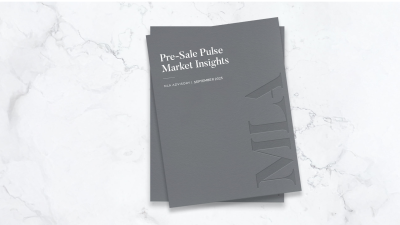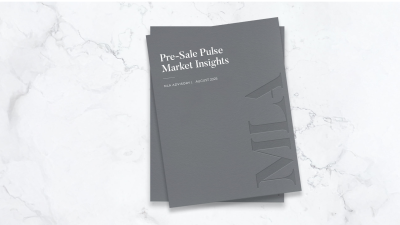2022 has been riddled with negative headlines surrounding inflation and rising interest rates. Homebuyers and investors alike are left with the headache of reassessing their mortgages and finances in a highly competitive and heated market. The Bank of Canada continues to raise interest rates as a way of combating inflation and encouraging consumers to save money and discouraging spending. With another Bank of Canada announcement on the horizon, and continued strain from inflation and geopolitical instability, what position does this leave homebuyers in the search for a home?
Rate increases from the Bank of Canada
On April 13th, we saw the first 50 basis point increase to 1% since the year 2000, forcing homeowners and prospective homebuyers to reevaluate their mortgages and finances. This was the first indication that the Bank of Canada intends to proceed aggressively to achieve a neutral policy rate by the end of 2022 to combat inflation. Homebuyers and investors across British Columbia tirelessly await the next Bank of Canada announcement on June 1st, where we can only assume another rate increase of 50 basis points to 1.5% will occur.
With continuous hikes in interest rates, we will undoubtably see an increase in both fixed- and variable-rate mortgages – leaving borrowers caught in a stressful and tricky situation. Nationally, 28% of homebuyers who would have qualified for an insured mortgage last year at this time would not qualify today. That number extends to 35% in British Columbia alone. While consumer purchasing power has weakened over the course of the past year, it encourages consumers to rethink their finances and save money.
Mortgage Brokers who specialize in pre-sale mortgages have seen a significant increase in rate hold applications within the last rise of interest rates. It is recommended people in the market secure a rate hold as soon as they can. That is why it is important for consumers looking to enter the market in these conditions to consult with an experienced mortgage specialist to stay well informed and up to date on any significant changes
Its effect on the pre-sale market
Apart from the disruptions to supply chain and domestic costs, what effect does inflation and rising interest rates have on the pre-sale market? After intense sales activity over the course of 2021 and 2022, we have begun to see a decline in demand as inflation has pushed consumers to draw back on spending – creating more supply for those who plan to stay active in the market. This is attributed to the heated competition we have seen recently and changing consumer priorities. The shift towards a savings mindset has slowed down the market and created easier entry for those who continue to seek accommodation across Greater Vancouver.
As of May 2022, the month over month sales-to-listing ratio is sitting above 30%, which is high compared to historical data. This presents opportunities for homebuyers who intend to stay active in their search, while others may choose to draw back and sit on their funds until prices begin to lower. The Royal Bank of Canada predicts that benchmarks prices will peak this Spring, with a modest decline in pricing over the remainder of the year. RBC forecasts that downward price pressure will be most extreme in high priced cities such as Vancouver and Toronto and will persist throughout 2023.
“Despite what negative headlines might have you believe, the same month sales to listing ratio of pre-sale activity is still above 30%. These are very strong numbers historically.” – Ryan Lalonde, President, MLA Canada
To stay up to date on current market trends, insights, and real estate news, subscribe to our daily newsletter or contact our Advisory team today.



